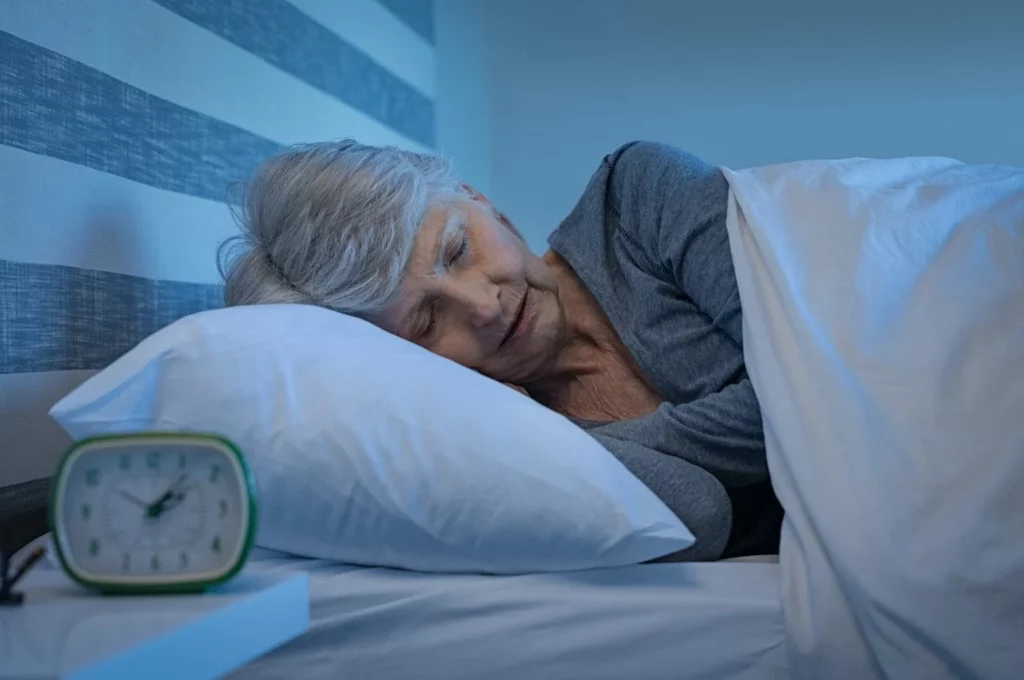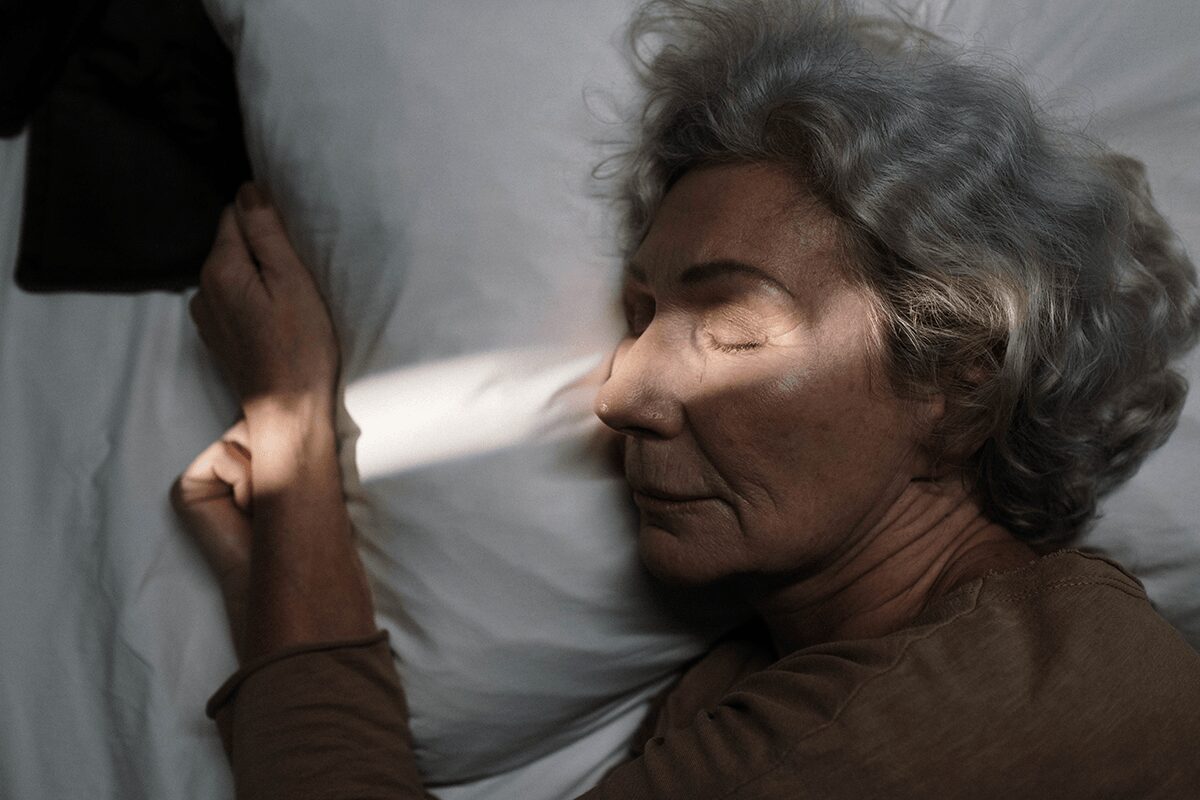As we age, our sleep patterns and needs often change. Many people believe that seniors require less sleep, but is that true?
Do You Get Enough Sleep?
Sleep Requirements:
- Adults, including seniors, typically need 7-9 hours of sleep per night. This amount doesn’t significantly decrease with age.
- However, the quality of sleep can be affected by various factors.
Changes in Sleep Patterns
Common Changes:
- Sleep Fragmentation: Seniors may experience lighter and more fragmented sleep.
- Earlier Bedtimes and Wake Times: The body’s internal clock often shifts, leading to earlier bedtimes and wake times.
Causes of Sleep Changes:
- Health Conditions: Chronic illnesses like arthritis or heart disease can disrupt sleep.
- Medications: Some medications have side effects that interfere with sleep.
- Lifestyle Changes: Reduced physical activity and social interactions can affect sleep quality.
Tips for Better Sleep
Improve Sleep Quality:
- Maintain a Routine: Go to bed and wake up simultaneously every day.
- Create a Comfortable Sleep Environment: Ensure the bedroom is cool, dark, and quiet.
- Limit Naps: Short naps can be beneficial, but long or late naps can interfere with nighttime sleep.
- Stay Active: Regular physical activity promotes better sleep.
- Limit Caffeine and Alcohol: Both can interfere with sleep if consumed too close to bedtime.
Address Health Issues:
- Consult a Doctor: If sleep problems persist, consult a healthcare provider to address underlying health issues or medication side effects.
- Manage Stress: Techniques like meditation, deep breathing, or gentle yoga can help reduce stress and improve sleep quality.
What Causes Sleep Problems With Age?

Poor sleep habits: If you don’t keep a steady schedule for going to bed and waking up, it can affect your body’s internal clock and make it even harder to get good sleep. Also, at any age, it’s a minus if you drink alcohol before bedtime, nap too much, or stay in bed when you’re not sleeping.
Medications: Some drugs make it harder to fall or stay asleep, or even stimulate you to stay awake. If you think that might be true for you, ask your doctor to check.
Worry, stress, or grief. Aging brings many life changes. Some are positive. Others are really hard. When you lose someone you love, move from your family home, or have a condition that changes your life, it can cause stress, which can hamper your sleep.
Health Conditions and Sleep
Mental and physical health conditions can significantly impact sleep in older adults. Common conditions that affect sleep include depression, anxiety, heart disease, diabetes, and painful conditions such as arthritis.
The relationship between physical health and sleep is complex, particularly because many seniors are diagnosed with multiple health conditions. Those with multiple health issues often report getting less than six hours of sleep, experiencing poor sleep quality, and showing symptoms of sleep disorders.
Sleep problems can also arise from the side effects of medications. Nearly 40% of adults over the age of 65 take five or more medications. Many over-the-counter and prescription drugs can contribute to sleep disturbances, and the interactions between multiple medications can have unexpected effects on sleep. source
Conclusion
While seniors may experience changes in their sleep patterns, their overall need for sleep does not significantly decrease. By understanding these changes and implementing healthy sleep habits, seniors can improve their sleep quality and overall well-being. If you or a loved one is struggling with sleep, consider discussing it with a healthcare professional to find the best solutions, go to phangels.com to learn more about senior care services.
Caring for seniors is a vital responsibility that ensures that they enjoy a high quality of life in their later years. To read more senior care tips visit www.aimplusseniors.com/our-blog/




